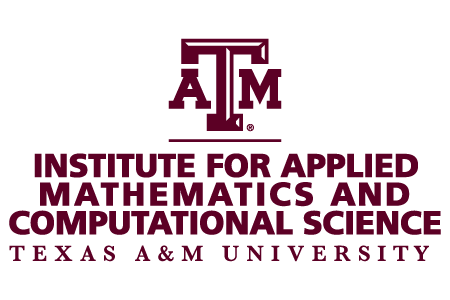Adela Timmons, University of Texas at Austin
Talk Title: “Software Development and Machine Learning Models for Sensing and Fostering Child Mental Health”
Abstract: The advent of mobile sensing technologies and big data analytics has led to what some have termed a “data revolution.” Applying big data and related engineering methods to psychological research represents a huge area of growth; if harnessed effectively, machine learning and other data-driven techniques, used in combination with theory-based methods, could drive a new era of innovation in research. In particular, the convergence of computing power, statistical methods, and expert knowledge is creating new possibilities for automatically detecting and intervening in psychological processes as they naturalistically unfold in real life. These automatized monitoring systems could make it possible to capture rich and time-sensitive ecologically valid data, while simultaneously minimizing participant burden, reactivity, and reporting biases. Moreover, these technologies have unique applicability for building and testing clinical interventions for children and their families. For example, these technologies could be used to detect and track important intervention targets, such as the frequency of conflict or the amount of time spent together. Using adaptive machine learning techniques, it is also possible to provide in-the-moment feedback and interventions, given at the exact time of need and tailored to the individual user. Despite these exciting possibilities, progress is impeded by the technical challenges associated with processing, analyzing, and making effective use of the vast amounts of data collected via these methods. A necessary, yet overlooked, component of developing these systems is the creation of an operative infrastructure for the automatized measurement of complex psychological processes in real-life settings. Using couples as a test case, I present a framework for building these systems, including collecting intensive ambulatory data and developing machine learning algorithms for quantifying child and family functioning in daily life. Future directions include launching this technology for use in real-time and testing its efficacy as a therapy modality for children, couples, and families.

